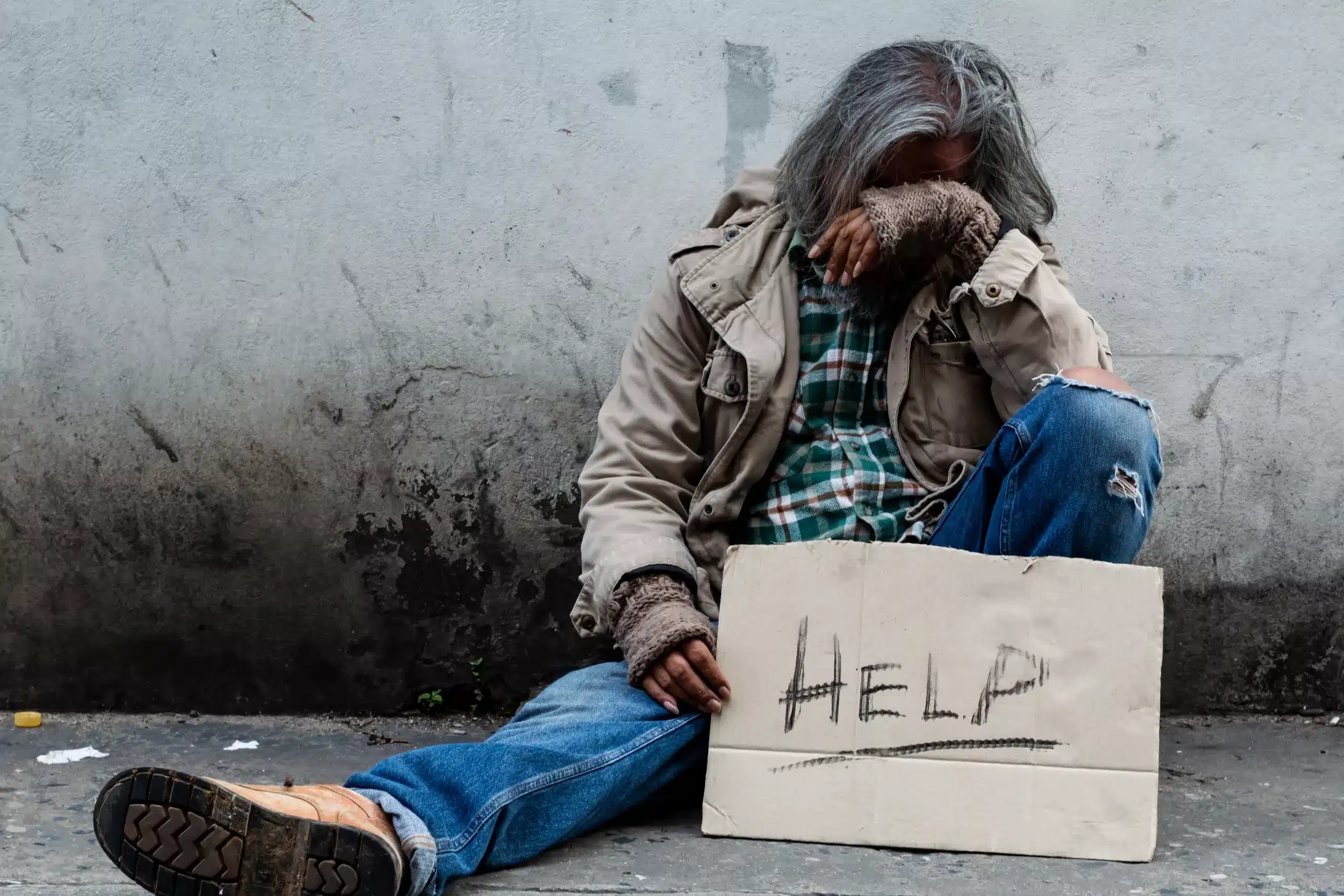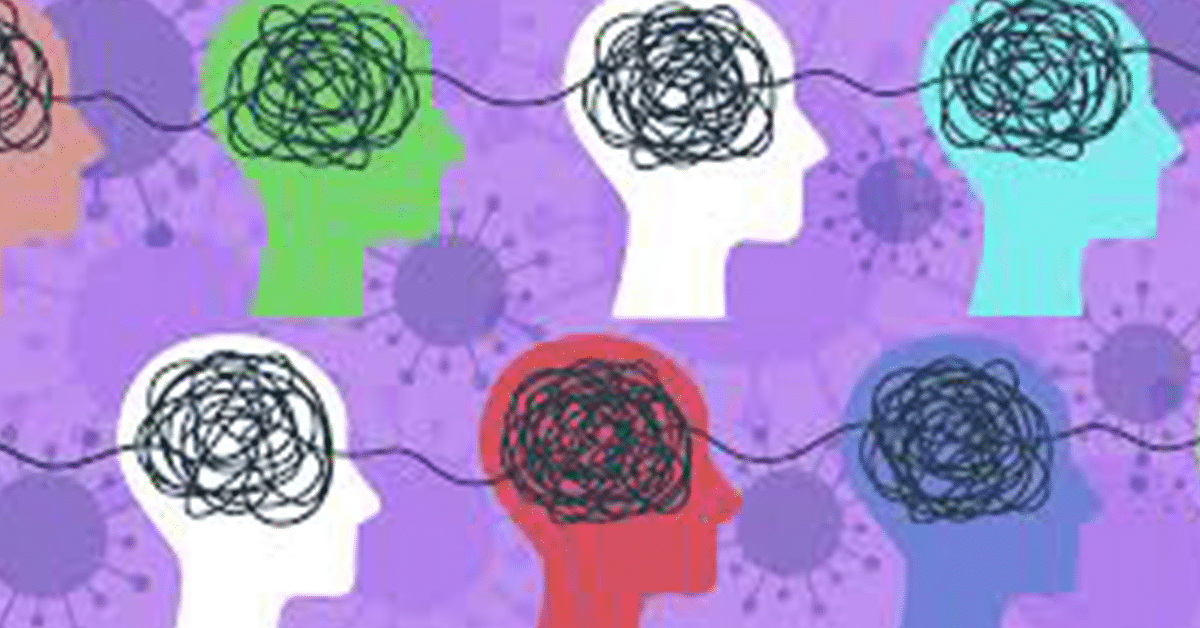Homelessness is a pervasive issue plagues societies worldwide, transcending borders, socioeconomic statuses, and races. While homelessness is often discussed in terms of its visible and immediate consequences, such as lack of shelter and necessities, it is crucial to shed light on its profound and far-reaching mental health impact on individuals and communities.
Working in community mental health, I have seen its emotional, physical, and mental effects on individuals and families. Let’s explore the multifaceted relationship between homelessness and mental health and how, to a great extent, it disproportionately affects people of color.
The Complex Interplay Between Homelessness and Mental Health
Homelessness and mental health are deeply interlinked. When individuals find themselves without stable housing, they are exposed to various stressors that can lead to or exacerbate mental health challenges. Some of the key factors include:
Trauma and Violence: Homeless individuals often face traumatic experiences on the streets, such as physical violence, sexual assault, and theft. These traumatic events can trigger post-traumatic stress disorder (PTSD) and acute stress disorder.
Isolation and Loneliness: Homelessness can be an isolating experience, leading to profound feelings of loneliness and despair. The lack of social support networks can contribute to depression and anxiety.
Substance Abuse: Substance abuse is more prevalent among the homeless population as people may turn to drugs or alcohol as a coping mechanism or simply as a way to survive on the streets. Substance abuse can exacerbate existing mental health conditions.
Barriers to Treatment: Accessing mental health services becomes significantly more challenging for homeless individuals due to financial constraints, lack of insurance, and the stigma surrounding homelessness. This results in untreated or under-treated mental health issues.
The Disproportionate Impact on People of Color
Recognizing that homelessness does not affect all population segments equally is crucial. People of color, particularly African Americans and Native Americans, are disproportionately affected by homelessness in the United States. According to the National Alliance to End Homelessness, African Americans make up 40% of the homeless population despite comprising only 13% of the general population.
The mental health impact of homelessness is compounded for people of color due to systemic racism and structural inequalities. Some key factors contributing to this disparity include:
Historical Trauma: Communities of color have endured centuries of discrimination and trauma, which can compound the mental health challenges of experiencing homelessness.
Discriminatory Practices: People of color may encounter discrimination when seeking shelter or housing, further exacerbating hopelessness and despair.
Lack of Access to Healthcare: Racial disparities in healthcare access mean that people of color are less likely to receive adequate mental health care, further perpetuating the cycle of homelessness and mental health issues.
Economic Inequality: Structural economic inequalities disproportionately affect communities of color, making it more difficult for individuals to escape homelessness and access the resources needed for mental health support.
The Ripple Effect on Society
The mental health impact of homelessness does not remain confined to those experiencing it; it ripples out to affect society. Here’s how:
The strain on Emergency Services: Homelessness often leads to increased interactions with law enforcement and emergency services, diverting valuable resources from other community needs.
Lost Productivity: Individuals grappling with homelessness and mental health challenges are less likely to be employed or maintain stable employment. This translates into lost productivity and potential for economic growth within society.
Public Health Concerns: Homelessness and untreated mental health issues contribute to public health concerns, such as the spread of infectious diseases and increased healthcare costs.
Conclusion
The mental health impact of homelessness is a silent crisis that disproportionately affects individuals and communities of color. To address this issue effectively, we must acknowledge the complex interplay between homelessness, mental health, and systemic inequalities. By investing in affordable housing, expanding access to mental health services, and combating systemic racism, we can work toward a society where homelessness and its mental health consequences are no longer pervasive, benefiting everyone, regardless of their background.
Keep Reading
Want more? Here are some other blog posts you might be interested in.








